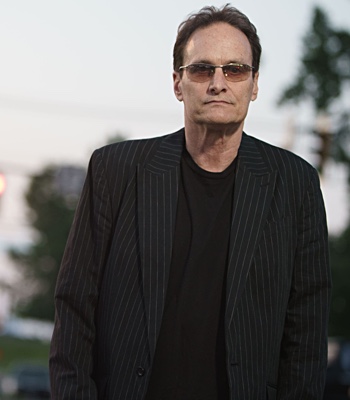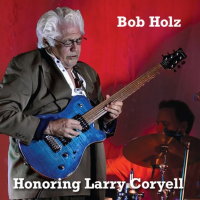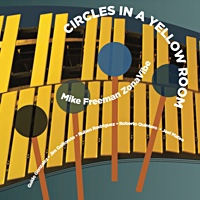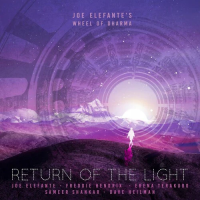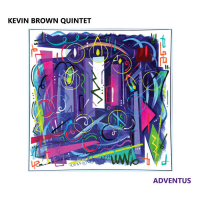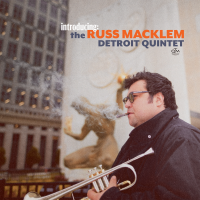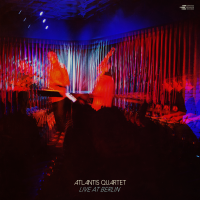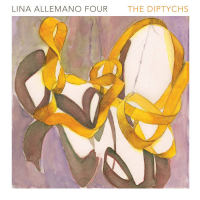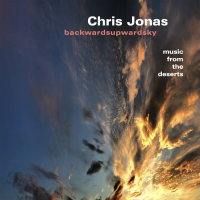Home » Jazz Articles » Album Review » Sonny Rollins: Global Warming
Sonny Rollins: Global Warming
Happily, Global Warming offers plenty of great music – and, more importantly, some of the finest sounds Rollins has recorded in the last thirty years. The tenor great is at his peak; surrounding himself with sensitive, acute and individual play ers. He's also crafted some fine, memorable compositions here. What's most striking, though, is the interaction of the players involved. Pianist Stephen Scott (returning from 1996's Sonny Rollins + 3 ) consistently stands out and seems to inspire Rollins to great playing of his own. Rollins' nephew, Clifton Anderson, has never sounded better on trombone, taking several winning features on his three appearances ("Island Lady," "Global Warming" and "Clear Cut Boogie"). Drummer Idris Muhammad, whose Keystone Trio recorded a fine Rollins tribute record last year, makes his debut with Rollins here and proves himself to be a soulful asset (he's featured on "Global Warming" and "Mother Nature's Blues").
Highlights abound. There's the sassy, soulful strut of "Island Lady," where Rollins sounds positively joyful and inspired, spurred on by Scott's chunky block chords and equally lively solo (the catchy head gets repeated a few too many times though). The slow waltz of the beautiful "Echo-Side Blue" is a stand out and worthy of further exploration by other jazz interpreters. "Global Warming" is Rollins' obligatory calypso – and the man positively sings; determined to speak out and saying plenty worth hearing. Rollins successfully revisits bop on "Mother Nature's Blues" and winds up exploring the vamp-ish semi-modal cool of "Clear Cut Boogie."
Rollins remains a significant jazz voice after more than four decades in the music. And Global Warming proves to be as musically important and interesting as the social concerns which inspired it.
Tracks:Island Lady; Eco-Side Blue; Global Warming; Mother Nature's Blues; Change Partners; Clear-Cut Boogie.
Personnel
Sonny Rollins
saxophoneSonny Rollins: tenor sax; Stephen Scott: piano; Bob Cranshaw: bass; Idris Muhammad: drums. On "Island Lady," "Global Warming" and "Clear-Cut Boogie": Clifton Anderson: trombone; Sonny Rollins: tenor sax; Stephen Scott: piano; Bob Cranshaw: bass; Perry Wilson: drums; Victor See Yuen: percussion.
Album information
Title: Global Warming | Year Released: 1998 | Record Label: Fantasy Jazz
Tags
PREVIOUS / NEXT
Support All About Jazz
 All About Jazz has been a pillar of jazz since 1995, championing it as an art form and, more importantly, supporting the musicians who make it. Our enduring commitment has made "AAJ" one of the most culturally important websites of its kind, read by hundreds of thousands of fans, musicians and industry figures every month.
All About Jazz has been a pillar of jazz since 1995, championing it as an art form and, more importantly, supporting the musicians who make it. Our enduring commitment has made "AAJ" one of the most culturally important websites of its kind, read by hundreds of thousands of fans, musicians and industry figures every month.










